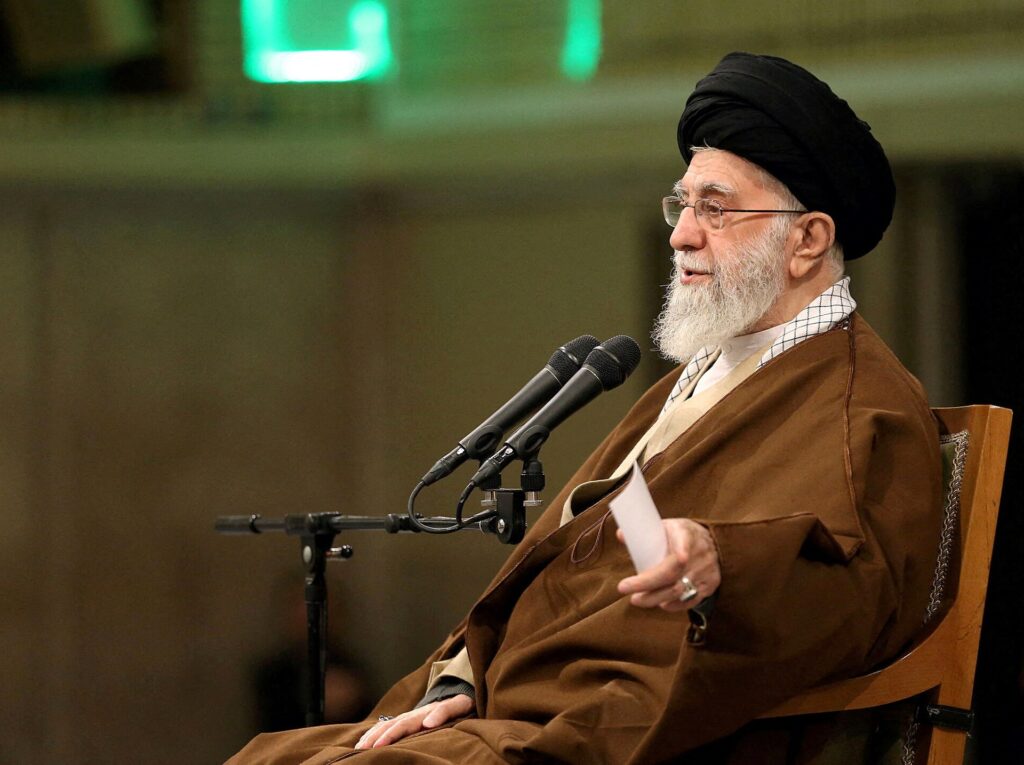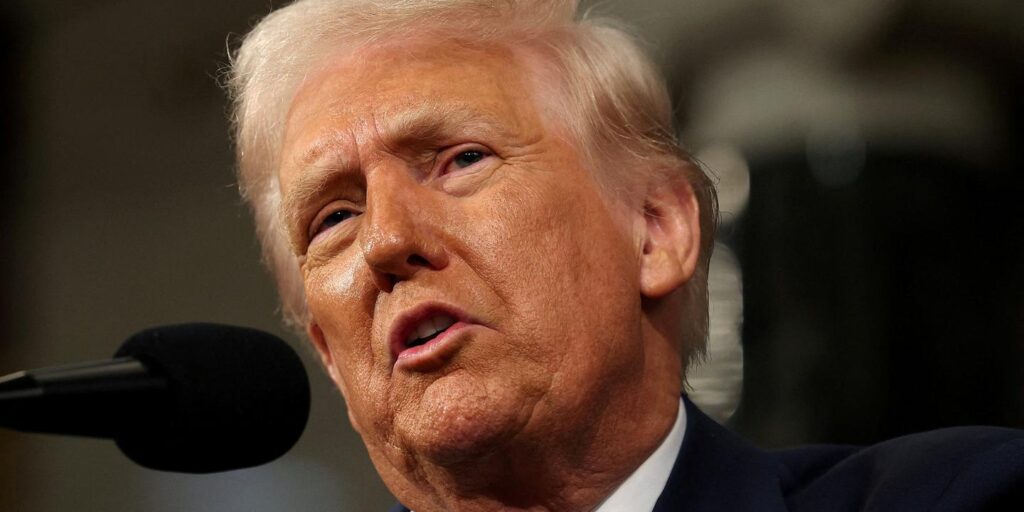The United States is not looking for negotiations with Iran, but rather imposing requests, the country’s supreme chief, Ayatollah Ali Khamenei, said US President Donald Trump said earlier that he had sent a letter to Iranian management seeking to launch discussions on a nuclear transaction.
The comments of Khamenei on Saturday came after Trump declared in an interview with Fox Business that “there are two ways in which Iran can be managed: militarily, or you conclude an agreement” to prevent Tehran from acquiring nuclear weapons. Tehran officials replied that they had not yet received Trump’s letter.
Speaking at a meeting with senior Iranian officials, Khamenei did not say if Trump’s letter had indeed been received, but he accused Washington of asking for even greater restrictions than during the previous negotiations.
“Some intimate governments insist on negotiations,” he said. “But their negotiations are not intended to solve problems, but to dominate and impose their own expectations,” he said, according to state media.
“For them, negotiation is a way to submit new requests. The problem does not only concern nuclear issues, they raise new expectations that Iran will certainly not accept, “added Khamenei.
“They require restrictions on the country’s defensive capacities and international influence, saying:” Do not do this, do not meet this person, do not produce this article “or” your missile range should not exceed a certain limit, “he said.
‘Maximum pressure’
Since his entry into office for his second term in January, Trump has expressed an opening to a new agreement with Tehran, but has restored a campaign of aggressive sanctions and has promised to lead the oil exports from Tehran to zero.
In 2018, Trump first imposed the so-called “maximum pressure” campaign against Tehran after having removed the United States from a 2015 historical agreement between Iran and several Western powers. The agreement had set strict limits on Tehran’s nuclear activities in exchange for relief of sanctions.
Since the American withdrawal, Iran has far exceeded the limits of its nuclear program set in the initial agreement. The subsequent efforts of the administration of the American president Joe Biden and European leaders to put the agreement on the right track have proved to be unsuccessful.
On Thursday, the United States imposed a new series of sanctions targeting the Iranian petroleum industry, the main source of Iranian income. The measures targeted companies, ships and individuals affiliated with companies already sanctioned by the United States. Under Biden, the United States has regularly issued such sanctions to apply existing sanctions.
For his part, Khamenei in a speech last August, had opened the door to new interviews with the United States, saying that there is “no harm” to engage with “the enemy”.
This came after Iran elected reformist president Masoud Pezeshkian in June, who campaigned on the promises to negotiate a new agreement with the global powers, similar to the 2015 country’s agreement that Trump withdrew in 2018.
Meanwhile, Russia said earlier this week that it was willing to help media new nuclear talks between the United States and Iran in the midst of a broader deil in relations between Washington and Moscow during the war in Ukraine.
A watchdog provides for the time that is exhausted
The last back and forth intervenes in the middle of the warnings of the UN nuclear supervisor Rafael Grossi, who said that the time was running out for diplomacy in order to impose new restrictions on Iran’s activities.
Tehran continues to accelerate its enrichment of uranium to the quality of weapons, said the United Nations instructor.
Iran has long maintained that its program is for peaceful purposes. However, its officials are increasingly threatening to pursue larger military capacities while tensions remain high on American sanctions and the in the middle of Israel in Gaza, which remains in a tenuous ceasefire.
Israel and the United States have warned that it would not let Iran acquire nuclear weapons, causing fears of a military confrontation while Tehran enriches uranium at quasi-arm levels.
American intelligence agencies have assessed that Iran has not yet started a weapon program, but “undertook activities that position it better to produce a nuclear device, if it chooses it”.


